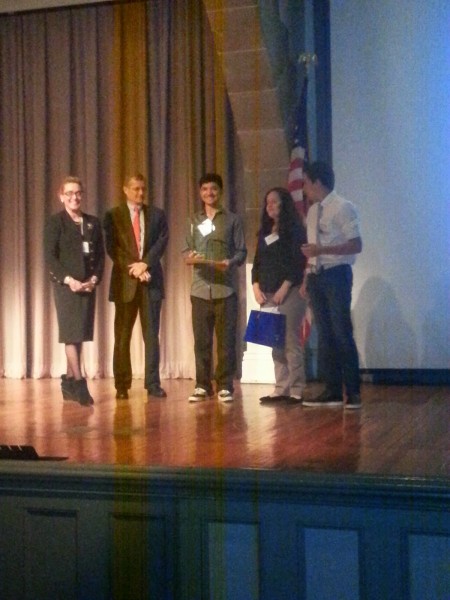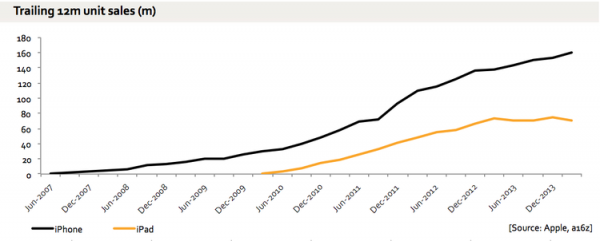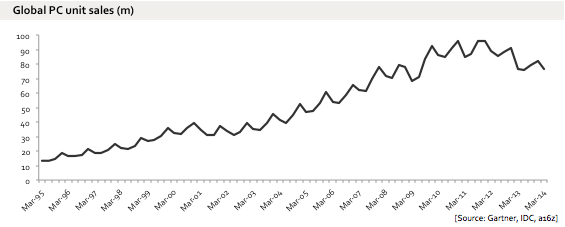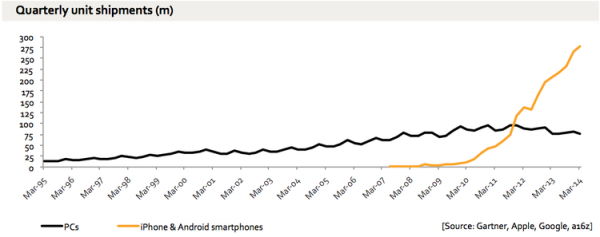The Fast Lane, The Slow Lane, and The No Lane
Since its emergence as a commercial platform in the early 90s, the Internet has treated each bit equally as it makes its way over the “last mile” to your home or office. If you put up a web server and write a game that anyone could play, those bits will be treated equally with the bits coming from IBM’s web servers. There has been no fast lane or slow lane on the last mile of the commercial Internet. We have had a level playing field and that has resulted in an explosion of entrepreneurial innovation that has been very rewarding for entrepreneurs, investors, and society as a whole.
But that period of “permissionless innovation” is likely to come to an end soon if we all let it. The FCC has responded to a court ruling by proposing a convoluted set of rules that will allow fast lanes, slow lanes, and what’s even worse, no lanes. The FCC’s proposal will allow the telcos and cable companies that provide the last mile connection to your home or office to prioritize some bits over others. That’s how they create the fast lane and the slow lane. It also allows discrimination in which they can decide not to allow your bits through at all, creating a “no lane”.
Many, including a fair number of folks on this blog, have argued that we should not “regulate the Internet” and we have to allow the last mile providers to do what is necessary to make money. Sadly, we have already regulated the last mile of the Internet and have given local duopolies around the country to telcos and cable companies. For most citizens in this country, you have two choices for the Internet connection in your home. You can buy it from your phone company. Or you can buy it from your cable company. If there were dozens of choices for last mile connectivity, I would also argue for no regulation and let the market figure this out. But there is not enough competition in the last mile market to allow a true market to function. Instead we will have terms of service dictated to us and these providers will extract rents from all service providers on the Internet and the era when anyone could launch something and compete on a level playing field with the incumbents will be over.
Here’s what you need to do about this:
1) You need to be very clear that you will not accept fast lanes, slow lanes, and no lanes on the commercial Internet. A good start would be signing this White House Petition before May 15th. But you will need to do more. This rallying cry must be sustained until we rid the FCC of the idea that fast lanes, slow lanes, and no lanes are OK.
2) You need to “plug into” the Internet activists who are building the opposition to fast lanes and slow lanes. A good start would be to follow this facebook feed. I will point out others on this blog as the fight plan emerges.
3) You need to watch the FCC’s proposed rules that will be aired to the public on May 15th to see if they are going to consider “reclassification”. If they do not, we all need to rise up and go into action against these proposed rules. Because without “reclassification”, the FCC really cannot protect us from the last mile duopolies who are hell bent to build these lanes on the Internet and destroy the golden era of Internet innovation that we have experienced over the past twenty years. We cannot allow that to happen.



